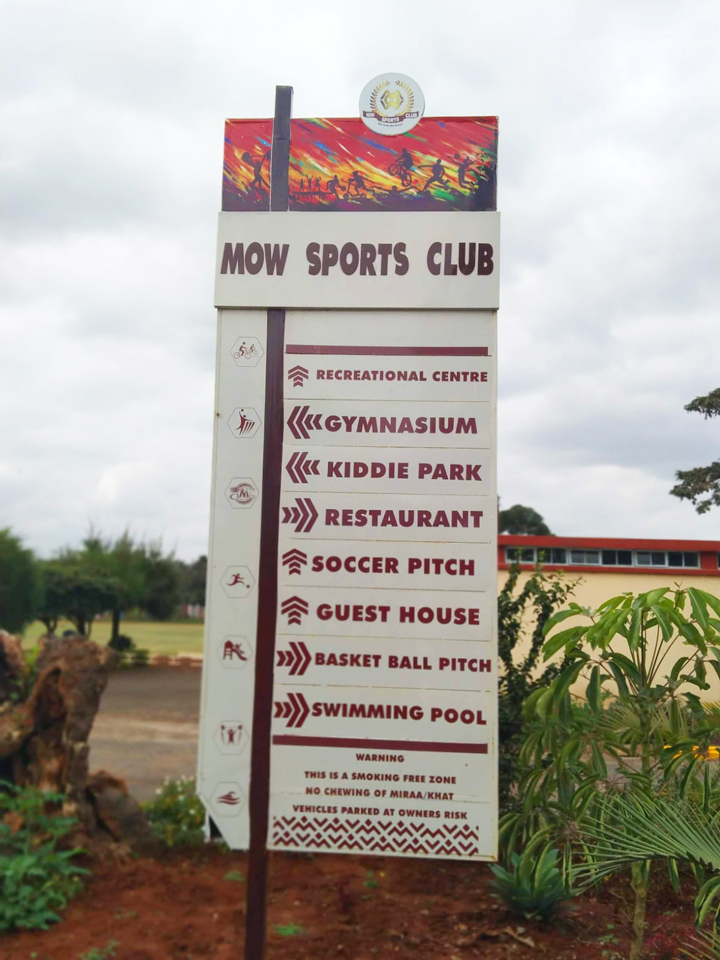Background Information
The Ministry of Works Sports Club was started in 1954 by the then Ministry of Works with the aim of offering recreational and sporting facilities. Its primary client focus then was senior members of its staff who were at that time engaged in the construction of the country’s emerging infrastructure.
The main objectives of the MoW Club are:
- To achieve client satisfaction in the provision of adequate and acceptable hospitality services,
- To provide competitive sporting facilities to clients.
- To offer superior hospitality services to all clients that enhance their well-being.
At the initial stages, the MoW Club membership was restricted to members of staff from Ministry of Works but over the years some of the staff transferred to other Ministries and sought to retain their membership. This saw the entry of civil servants from other Ministries into the membership of the Club. As the membership base kept increasing so did the interest from other outside government circles. Other civil servants who left the civil service to be engaged in the private sector also sought to retain their membership. This was the beginning of non-civil service membership in the Club.
The MoW Sports Club has the Principal Secretary – State Department for Public Works as its patron. The Patron appoints a senior officer from the State Department for Public Works to head the Board of Management as a chairperson and nine other members from other departments within the mother ministry and from outside.
The Board of Management consists of twelve members, ten of whom are drawn from the public sector while two members are drawn from the private sector. The two members from the private sector are elected into office by subscribed members of the Club during a special meeting convened by the Chairperson. The Club Manager acts as the Secretary to the Board of Management.
The Board of Management elects members to different Committees to handle different aspects of the Club. Some of the committees include; The membership vetting and disciplinary committee, the procurement committee, the welfare/staff development committee and the projects committee.

